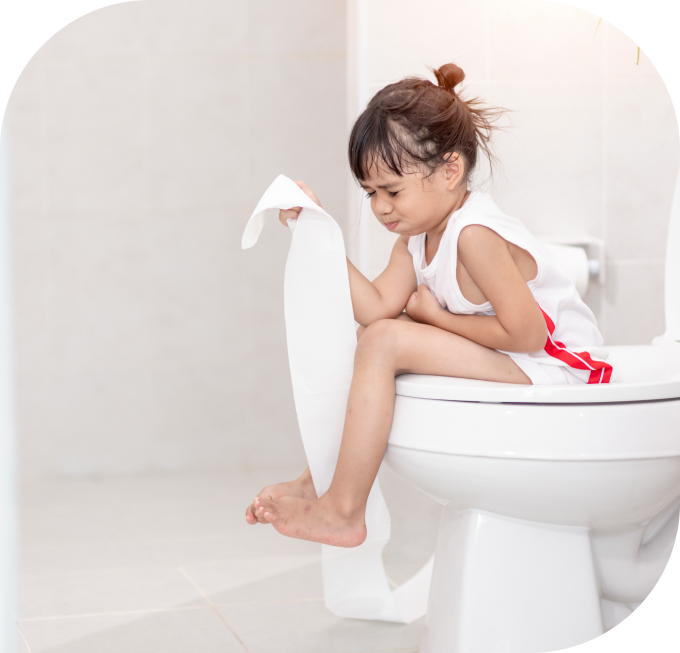The Benefits of Pelvic Floor Physical Therapy for Pediatrics
When we think about pelvic floor physical therapy, it is often associated with adults, particularly postpartum women. However, pelvic floor PT can be incredibly beneficial for children as well. Pediatric pelvic floor dysfunction is more common than many realize, and addressing it early can lead to significant improvements in a child’s quality of life and prevent long term complications.

Understanding Pediatric Pelvic Floor Dysfunction
The pelvic floor is a group of muscles that support the bladder, bowel, and reproductive organs. In children, these muscles can become weak, tight, or uncoordinated, leading to various issues such as:
- Urinary incontinence (leakage)
- Bedwetting (nocturnal enuresis)
- Constipation
- Fecal incontinence (leakage)
- Urinary urgency and frequency
- Pain during urination or bowel movements
These conditions can potentially cause embarrassment and social withdrawal in children, making it crucial to address them in a supportive and effective way.
How Pelvic Floor Physical Therapy Can Help
Pelvic floor PT for pediatrics is a specialized approach that helps children gain control over their bladder and bowel functions through non-invasive, child-friendly techniques. Here are some key benefits:
- Improved Bladder and Bowel Control
Through breathing exercises and muscle training, children can learn how to properly engage and relax their pelvic floor muscles. This can significantly reduce incidents of incontinence, constipation, and bedwetting.
- Reduction in Pain and Discomfort
Some children experience pelvic pain, painful urination, or discomfort due to muscle tightness. Pelvic floor PT helps release tension, improving comfort and function.
- Increased Confidence and Emotional Well-Being
Bladder and bowel dysfunction can be stressful for children, affecting their self-esteem and ability to engage in social activities. With improved control, children often experience a boost in confidence and reduced anxiety.
- Education for Long-Term Success
Pelvic floor therapists not only work with children but also educate parents and caregivers. Families learn about healthy bathroom habits, dietary considerations, and lifestyle changes that promote long-term pelvic health.
What to Expect in a Pediatric Pelvic Floor PT Session
A pediatric pelvic floor PT session is tailored to be engaging and non-intimidating. Initial evaluations may involve:
- A detailed medical and behavioral history
- Postural and movement assessments
- Fun and interactive biofeedback games or exercises to teach muscle control
- Guidance on toilet habits and hydration
- Parent or caregiver education.
Therapists use a combination of play-based techniques and behavioral modifications to make therapy enjoyable and effective.

Help is Available!
Pelvic floor PT is a valuable resource for children struggling with bladder and bowel dysfunction. By addressing these issues early, children can enjoy a happier, healthier childhood without the stress and discomfort of pelvic floor dysfunction. If your child is experiencing any of these challenges, consider consulting a pediatric pelvic floor therapist to explore the best course of action.
Investing in pelvic floor health today can pave the way for a confident, active, and comfortable future for your child!
